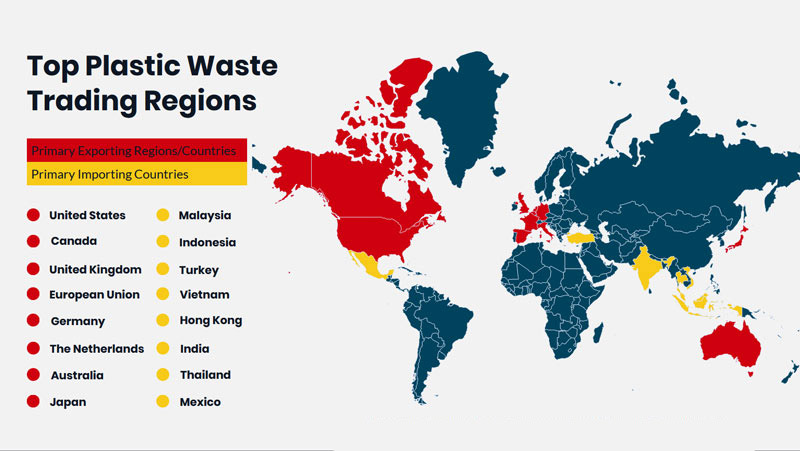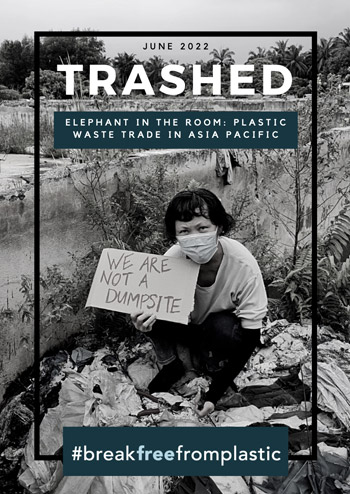JAKARTA: Indonesia has returned five containers of rubbish to the United States and will not become a "dumping ground", officials said Saturday (Jun 15), the latest Southeast Asian country to return imported waste. The containers were supposed to contain only paper scrap, according to the customs documents. Instead they were loaded with other waste including […]







